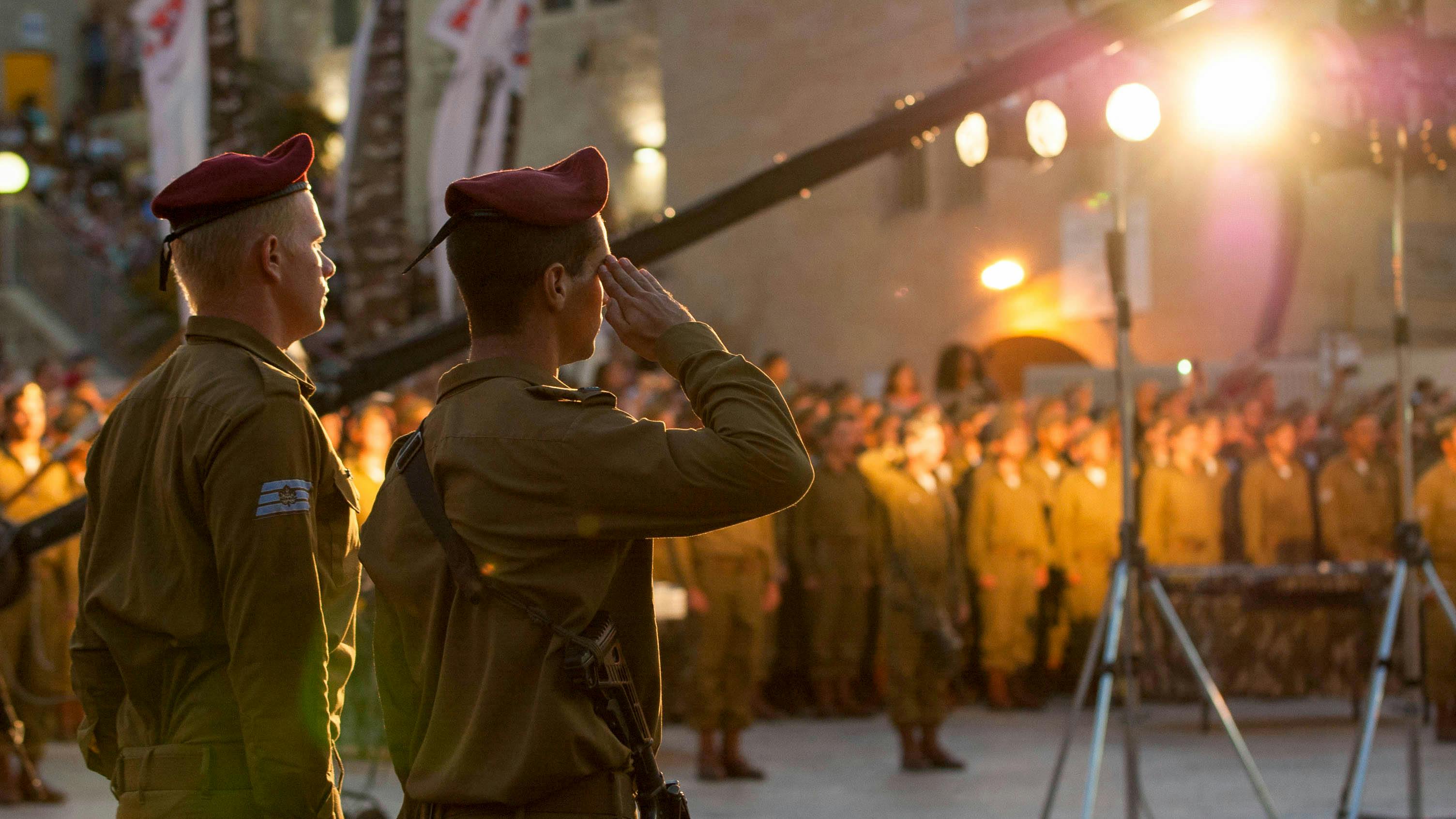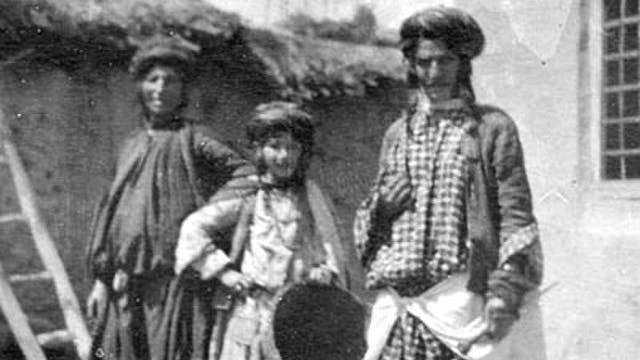The Reserve Service of the IDF: Israel's Secret Strength


I am fascinated by battle strategies in the Bible. Take Israel’s first military commander for example. Bolstered by victory at Jericho, Joshua directed the army of Israel against Ai in the central Canaanite highlands. The commander did not commit his entire force but instead retained a substantial reserve. While sound in principle, this tactical decision proved in error. His understrength assault force was sent bloodied and fleeing back down the mountainside.
After Joshua bemoaned his failure, the Lord stood him up, dressed him down and ordered the necessary purging of sin in the camp. He gave His general new marching orders against the stronghold of Ai. God’s own masterful battle plan was to divide the army into a decoy force that would demonstrate in front of the city while an ambush force lay in wait behind.
This time, it was the king of Ai who failed at the principle of reserve when he committed his entire force against the Israelite army to his front, not realizing that a strong contingent was ready to take the city when it was no longer defended in strength. In this second battle at Ai, Joshua’s force in reserve was Israel’s secret strength.
Israel’s Reserve Service
The reserve of the IDF—called Sherut Miluim or simply Reserve Service—today serves as the nation’s secret strength. Young Israeli soldiers, both male and female, who have completed their compulsory military service are assigned to the reserve to provide reinforcements during war, military operations and natural disasters. The Kamlar, an officer with the rank of brigadier general, is in charge of the reserve army.
After Israel’s 1948–1949 War of Independence, David Ben-Gurion, the nation’s first prime minister, could see that the country’s economy would not be able to sustain a huge military. Israel therefore adopted the Swiss military model, in which virtually the entire populace is part of the military but only called on in an emergency. The army would maintain a core of mandatory service soldiers, while others would join as reserves in times of crisis. Unlike Switzerland, Israel has put this model to the test of combat during repeated onslaughts from its neighbors.
Relying on the Reserve
Because Israel has so little strategic depth, a war on its own territory could end in total disaster. The Ben-Gurion doctrine therefore relies on regular units blocking attacks from enemy armies until reserves can come up to push the enemy back and defeat them in their own territory. While the Air Force, Navy and Intelligence Services depend solely on their professional corps, the Army relies on its citizen soldiers, the Reserve Service.
While many reservists remain in the unit they served with during their regular military commitment, others are assigned to special reserve units. Most serve until age 40, but combat officers stay on to 42 and non-combat officers to 45. Those serving in regional defense units and non-military entities are obligated to remain until age 48, while physicians serve until they turn 51. The average reservist trains and serves one to two months each year. Reserve duty is also performed in the Border Police, Shin Bet (Israel’s internal security service) and the Mossad (external intelligence).

Answering the Call
Shortly after the Hamas attack on October 7, 2023, the IDF reported that more than 100% of the 350,000 reservists called up had reported for duty, making this the largest mobilization of reservists in Israel’s history. At more than 8% of the total employed population, this call up was equivalent to 13.5 million citizens called up in the US, more than the entire US military mobilization of World War II.
But the war has dragged on—over multiple fronts—for over a year and a half, putting great strain on every aspect of Israeli society, most notably its reserve soldiers and their families. The second major call up for the latest phase of fighting saw a reduced 85% of reservists responding.
“Every reservist has his reasons,” explained an IDF commander. “One is about the hostages, another because his business is falling apart. There are students who aren’t ready to give up on more studies, and in the majority of the cases it’s problems at home. People just can’t disappear again for a long period of time.”
Families Bear the Burden
As reported in the Jerusalem Post in March, the Reservist Wives Forum rose in defense of their beleaguered husbands, appealed to the government to put an effective plan in place to increase IDF manpower to lessen the load on those who have already served for many months, thus shifting the heavy burden from those soldiers who have been pushed to their limits.
The burden falls on the spouses as well. A November 2024 poll found the vast majority of spouses suffered due to their husband’s reserve service, with 37% reporting that they had suffered “a very great degree of emotional harm.”
Spiritual Strengthening
What can we in the nations do to spiritually strengthen the reserves of Israel? We can— and must—pray. We have the words of Psalm 91:14–16 to speak over the overburdened reservists: “Because he has set his love upon Me, therefore I will deliver him; I will set him on high, because he has known My name. He shall call upon Me, and I will answer him; I will be with him in trouble; I will deliver him and honor him. With long life I will satisfy him and show him My salvation.”
We can express our solidarity through Bridges for Peace, thus blessing reservists, widows and orphans with a clear message from Christians around the world: “Citizen defenders of Israel and families that bear the burden of war, you are not alone!”
We can also find ways to stand with the people of Israel on Yom Miluim (National Reserve Day) each year. Let us join with the nation as it expresses heartfelt appreciation for Israel’s secret strength, its Reserve Service.

Discover Your Purpose and God’s Heart For You
In today's divided, turbulent world, it's essential for the Church to rediscover God's heart. Our free e-book, authored by a seasoned expert with three decades of experience in Israel, delves deep into the teachings of Jesus (Yeshua) to reveal God’s principles of love and purpose. Learn how embracing these truths can bring significance and impact to your life, even amidst chaos. Subscribe now to receive your free copy and embark on a journey of transformation.




